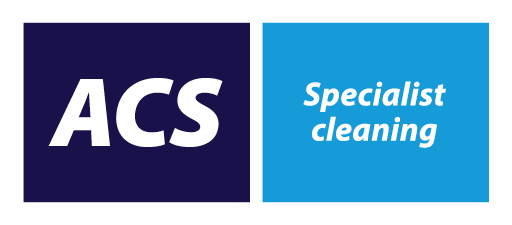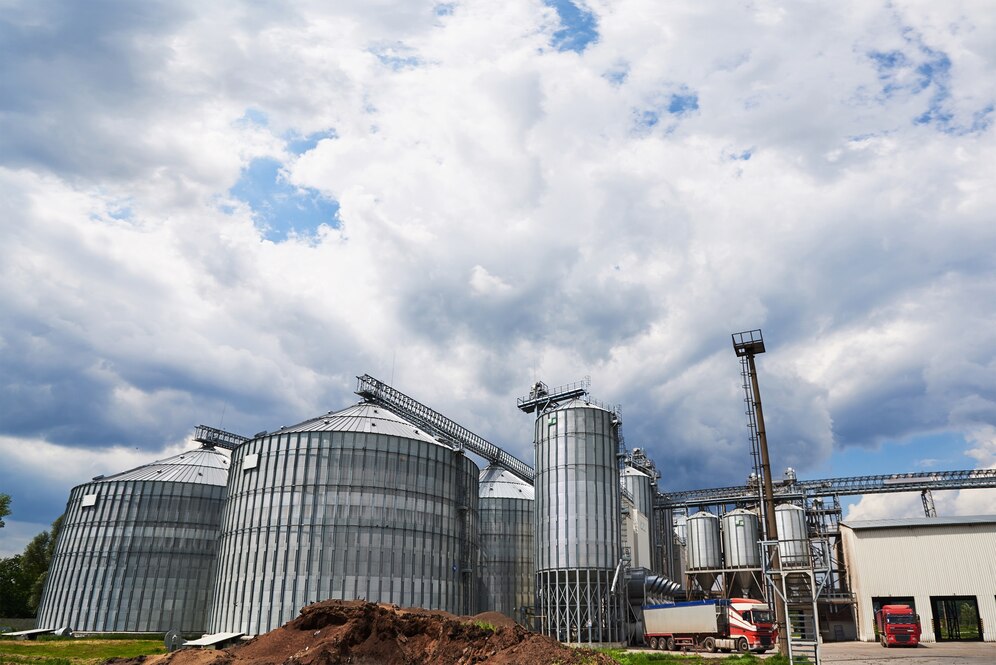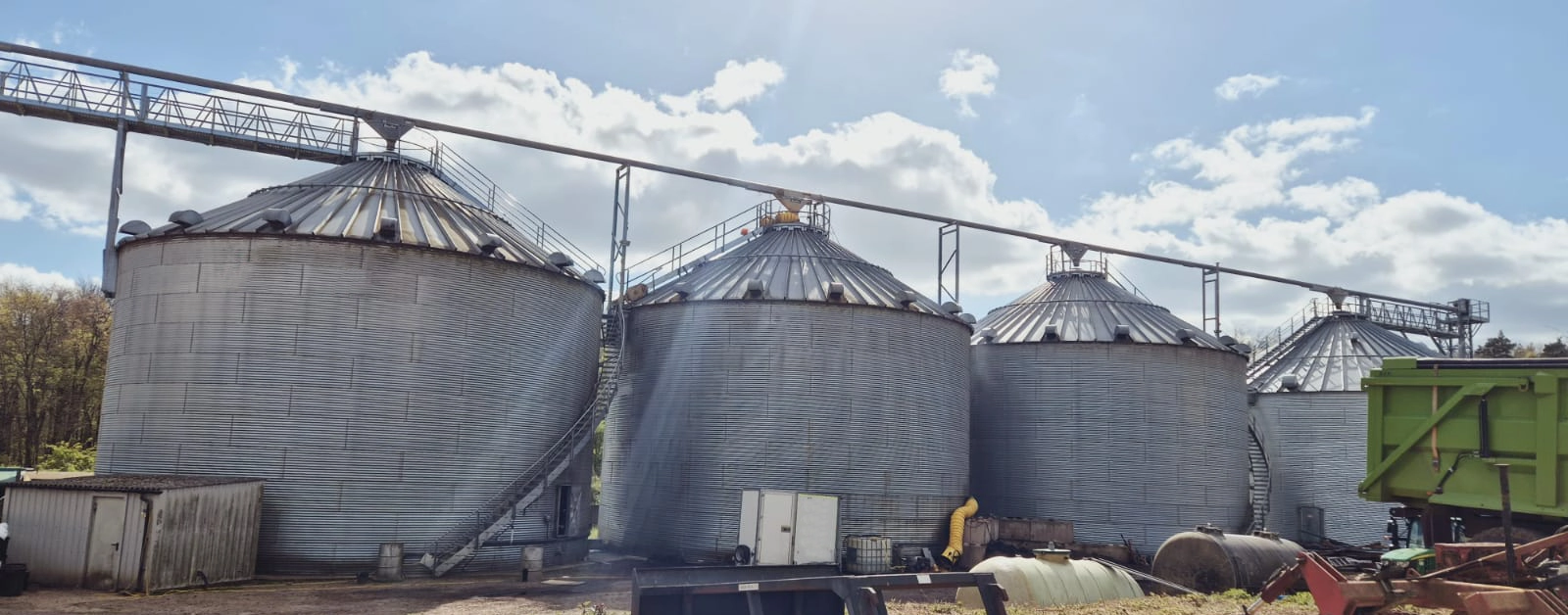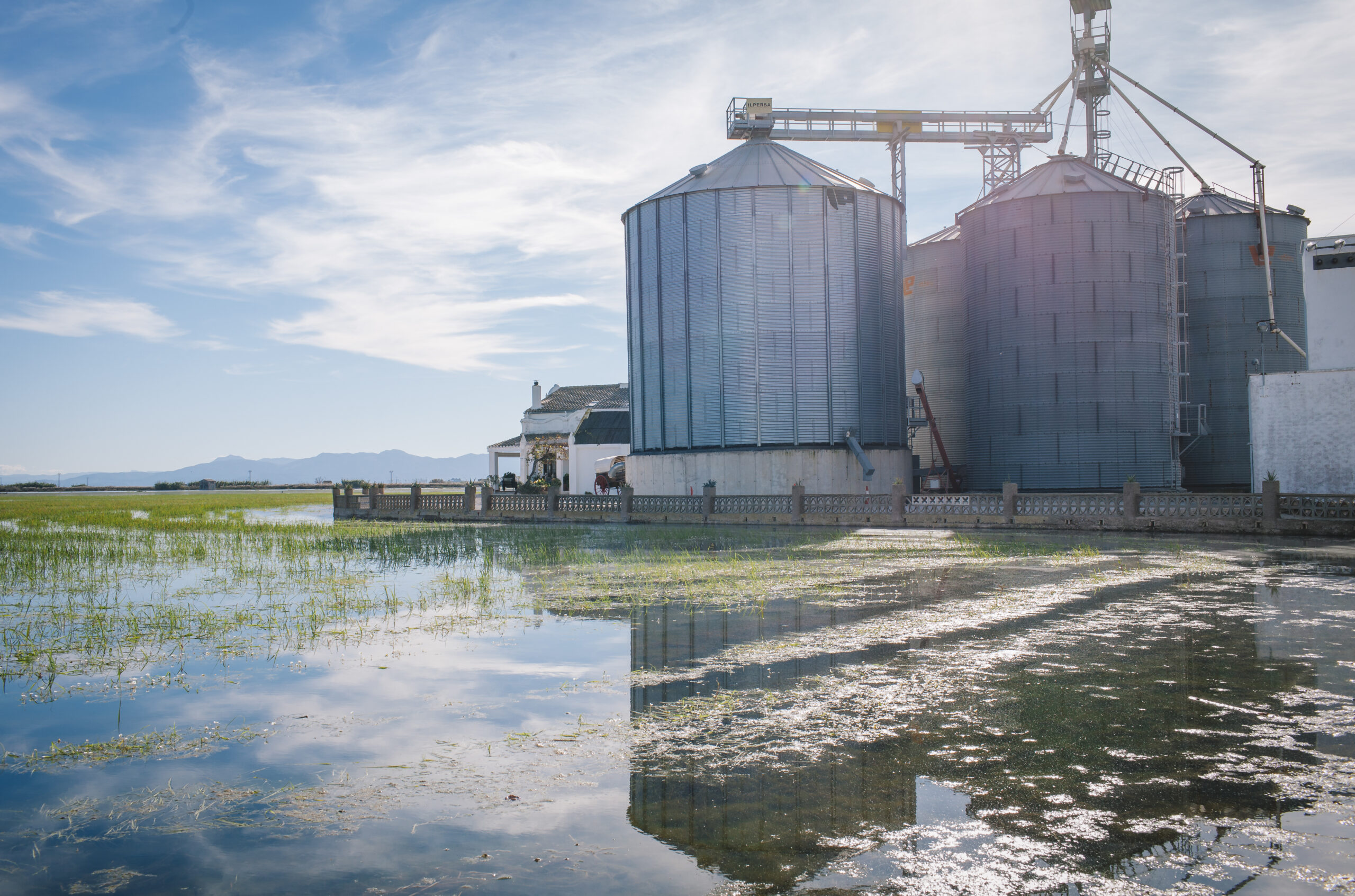Bodily fluids like blood, saliva, vomit and others can be hazardous to health. Nobody likes cleaning up sick off the floor, but it’s necessary to do so and take the correct steps to minimize the potential risk to your customers and visitors.
Why are bodily fluids hazardous?
Besides being nauseating, bodily fluids can pose serious risks to peoples health and wellbeing. Things like vomit, urine, saliva and blood can potentially contain viruses and unfriendly bacteria that has a risk of infecting others and contaminating certain areas, which is especially perilous in the hospitality industry or anywhere that customers consume food and drink or handle products.
Diseases like Hepatitis B and C, HIV, the Flu and other bloodborne diseases can all transmit via bodily fluids, posing a great risk of contagion where it is present. Despite what people think, bloodborne diseases don’t always transmit via the bloodstream. In fact, lots of them can also be transmitted via other bodily fluids such as saliva, vomit, sweat and, in some cases, even tears.
How can I safely clean bodily fluids?
Always wear clean, safe and disposable safety equipment when cleaning bodily fluid spills such as vomit or blood. Things like disposable gloves and face masks help to protect you from accidentally ingesting any of the potentially infectious particles that you may encounter.
Use materials that are absorbent and disposable when cleaning the spill initially such as kitchen towel, then once the main spill site is clear make another pass with warm, soapy water. Once the area has been thoroughly deep cleaned with soapy water, use disinfectants such as bleach to kill any contaminants that may remain. Ensure to leave the bleach water in the affected area for a minimum of ten minutes to let it work its germ-killing magic, then wipe it up with warm (but not soapy) water to make certain that no bleach remains.
What should I do if I come into contact with bodily fluids?
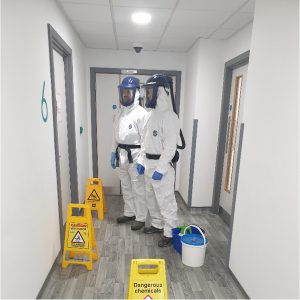
If you take all the necessary precautions and still happen to come into contact with bodily fluids then it’s essential to take the right steps to minimize risk.
When the skin is broken, for example, if you have been bitten, scratched or pierced by a used needle, then it’s highly important to get to the hospital right away. The doctor should provide you with antiviral drugs as a precaution while they await your blood test results, as well as a tetanus vaccine depending on your immunisation history. These precautions are taken to try and slow down any potentially infectious diseases you may have contracted before confirmation is received.
On the other hand, if the skin is not broken, then it’s still important to get the affected area cleaned ASAP. It’s not as dangerous as having broken skin as that could allow contaminants directly into the bloodstream, but the risk of infection is still present. It would still be beneficial to go and see a doctor after the encounter just to be sure that you have not picked anything up.
How do I protect myself and others from possible infection?
1.) Use the recommended PPE
As mentioned, wearing the right kind of protective equipment when cleaning up bodily fluid spills and hazardous materials such as condoms and needles is paramount. It’s the best way of protecting yourself and therefore others from infection or contamination.
2.) Stay informed
Education is also crucially important. Educate others on the potential dangers of bodily fluids, especially children as they are incredibly curious and need to know the dangers of things like disposed needles and condoms. Knowing is half the battle, and those who don’t know the dangers can pose a great risk to themselves and others.
3.) Dispose waste correctly
Correct and safe disposal of hazardous materials is also vitally important. Make sure to seal up collected syringes and condoms in zip-lock bags, placing syringes in plastic or metal containers to be sure that they don’t pierce the bag. Once done, remove all safety gear and proceed to wash thoroughly everywhere. Don’t leave anything to chance as all it takes is a drop to infect someone.
If you are someone who regularly handles hazardous materials then wash your
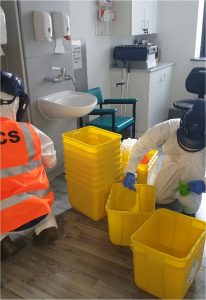
hands before doing any of the following:
- Before and after handling food goods
- Before eating
- Before and after providing care to someone (especially if they’re vulnerable)
- After coughing and sneezing to reduce the chance of infecting others
- After using the toilet
- Before breastfeeding
- Before and after handling bodily fluids
Call upon the ACS Biohazard Cleaning Team to handle dangerous bodily waste
For more information on how the specialists at ACS Cleaning Ltd can benefit your company through our experienced biohazard decontamination team, please don’t hesitate to get in touch today.
To talk directly to one of our dedicated advisors, simply give us a call now on 01254 693 131.
Or if you can’t chat to us over the phone right now, you can also get in touch by completing our quick and simple online enquiry form.
